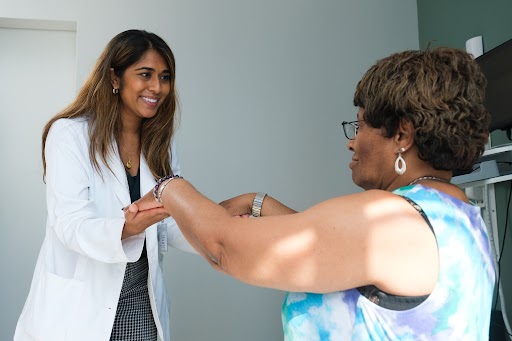India, 12 November, 2025: According to the World Health Organization, about 630 million people are living with diabetes, a majority of whom are from low-and middle-income countries. In India, nearly 50% of people remain undiagnosed, until serious complications appear, including cardiovascular disease, kidney failure, and vision loss. On World Diabetes Day, St. George’s University (SGU) School of Medicine in Grenada, West Indies, is urging people in India to prioritize diabetes awareness, routine screening, and prevention.
According to the International Diabetes Federation (IDF), about 89.8 million adults (aged 20-79) in India were living with diabetes in 2024. Among various types of diabetes, type-2 diabetes is the most common type of disease among adults. SGU highlights the importance of understanding the leading risk factors, including:
-
Diet and inactivity: Diets high in processed foods and added sugars, coupled with sedentary routines, drive insulin resistance and weight gain, increasing the risk for type 2 diabetes.
-
Family history and stress: A family history of diabetes increases genetic predisposition to impaired insulin production and glucose metabolism, raising genetic susceptibility. Chronic stress can also raise cortisol and disrupt blood sugar control.
-
Environment and access: Limited access to healthy food or safe places to exercise, and exposure to pollution can worsen metabolic health.
Frequent thirst, fatigue, blurred vision, excessive urination, and unexplained weight loss may signal high blood sugar. SGU also strongly encourages Indians to undergo annual health check-ups to facilitate early detection.
Education is central to tackling diabetes. SGU’s global medical education model prepares future physicians to serve diverse underserved communities with strong clinical training, cultural competency, and a commitment to public health impact.

